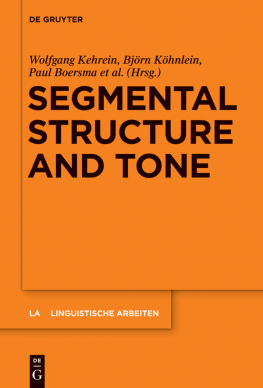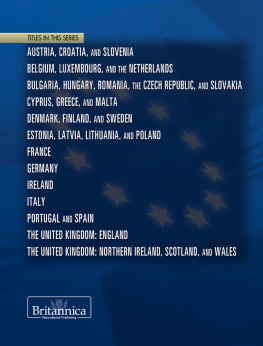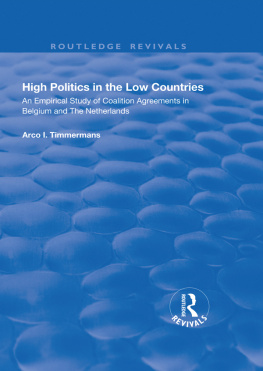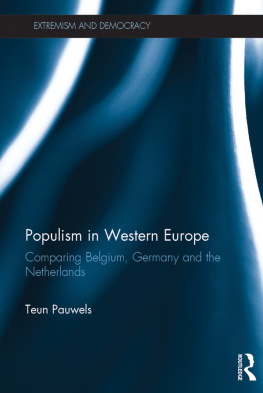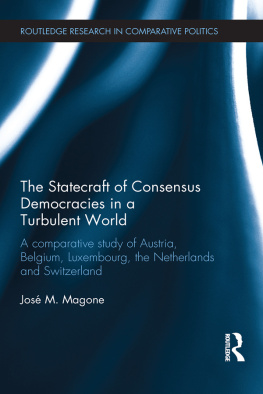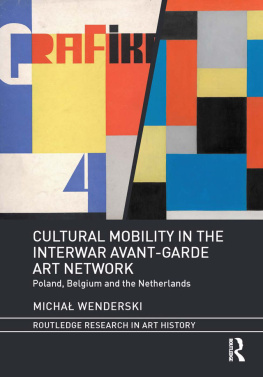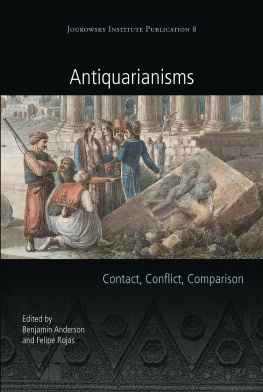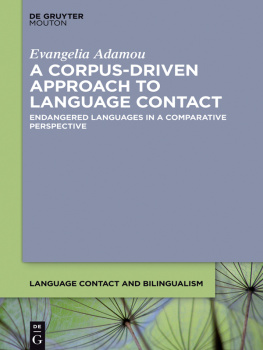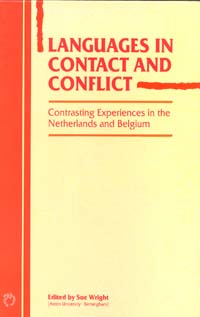Sue Wright
Institute for the Study of Language and Society, Aston University, Aston Triangle, Birmingham B4 7ET |
| This issue of Current Issues in Language and Society is based on papers given by four scholars from the Netherlands and Belgium in the Spring terms of 1993 and 1994. Sjaak Kroon and Ton Vallen examine new developments in the Dutch Government's policy responses to the linguistic minorities constituted by recent immigration; Ludo Beheydt and Peter Nelde discuss the theoretical implications of linguistic groups in contact and conflict with one another and the political reality which frames the lived experience of Belgium |
| Although the linguistic situation in the two countries is clearly different, the geographical proximity of Belgium and the Netherlands, their shared history until 1830, their common language and their coupling in the designation 'the Benelux countries' might have led us to expect them to exhibit at least some similarities in the areas which interest us here; that is to say, the situation of linguistic minorities and majorities and the prevalent philosophies and policies concerning language and language education in multilingual societies. However, as we prepared for the seminars, listened to and discussed the papers and edited the final work, it was the salience of the numerous differences which told. Considering these has brought us to reflect upon the following aspects of the Western European tradition which both countries share and which they have interpreted quite differently. |
| The Nation-StateOne People, One Language |
| The strong European tradition of linguistic nationalism dating back to the 19th centurythe basic tenet of which, is that the nation-state should contain within its boundaries one people, one language, one cultureis waning.1 Churchill (1986) reports this as a growing trend, in Western Europe at least. Quoting an OECD report, he identifies the Netherlands along with Sweden and Denmark as being in the vanguard of this process. Certainly with regard to policies for new immigrants with mother tongues other than those of the host country, tolerance towards and support for multilingualism and multiculturalism are evident in the new policy documents. |
| Belgium, on the other hand, is locked, as it were, out of this trend into the earlier scenario. The federal state which came into being in March 1994 is the culmination of the 'minority' autochthonous group's struggle (a minority which was at times numerically superior to the majority) to achieve the 19th century dreamone people, one language, one political entity. Now that this has been achieved there is little space for the 'other' minorities, those constituted by recent immigration; the equality of treatment achieved by the autochthonous minorities is still so recent, the disputes so near in the past, that the state has not accorded |
|


